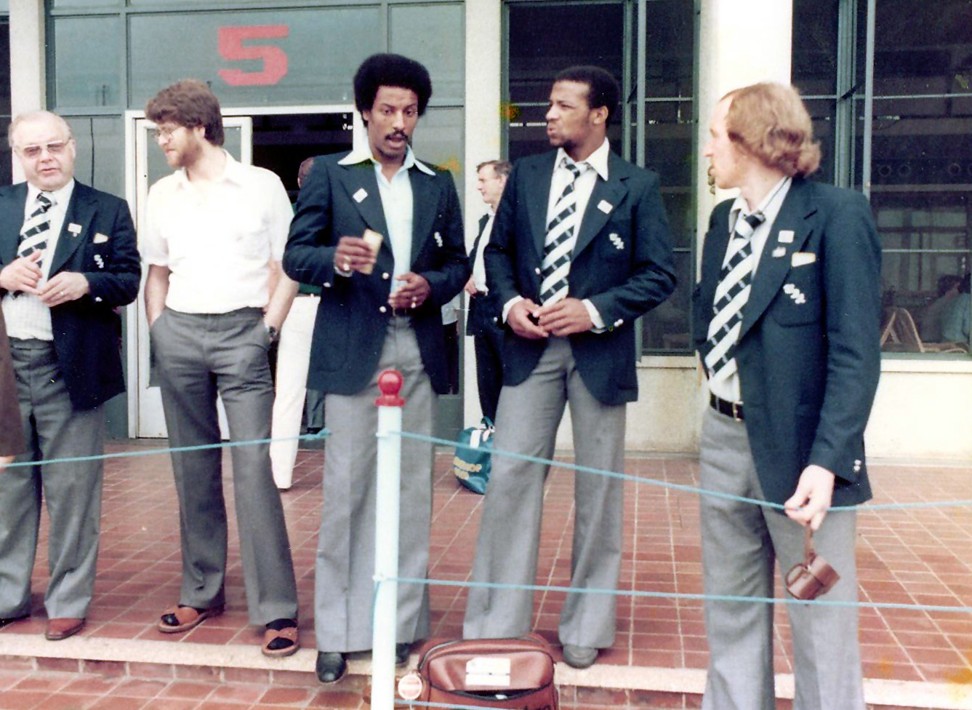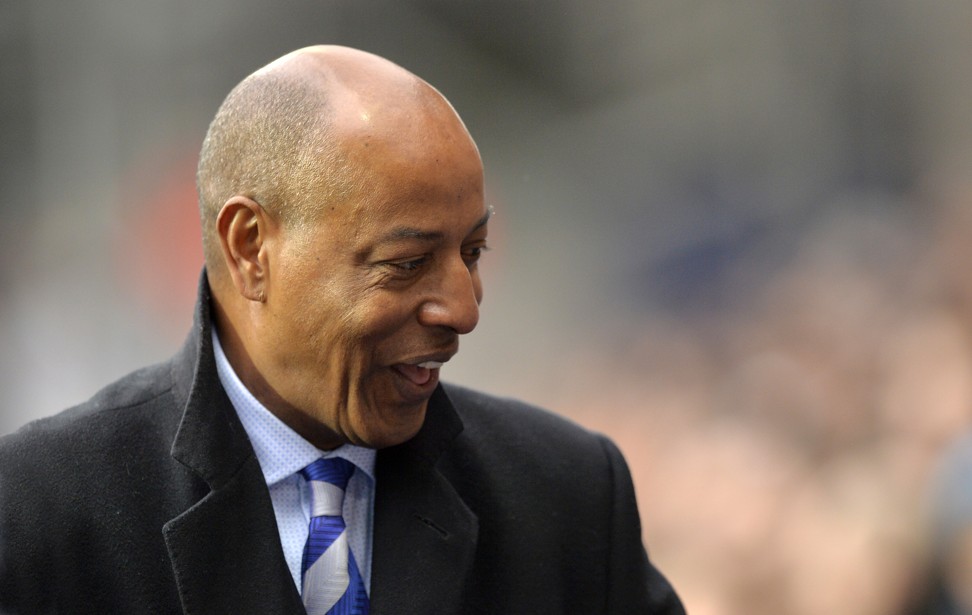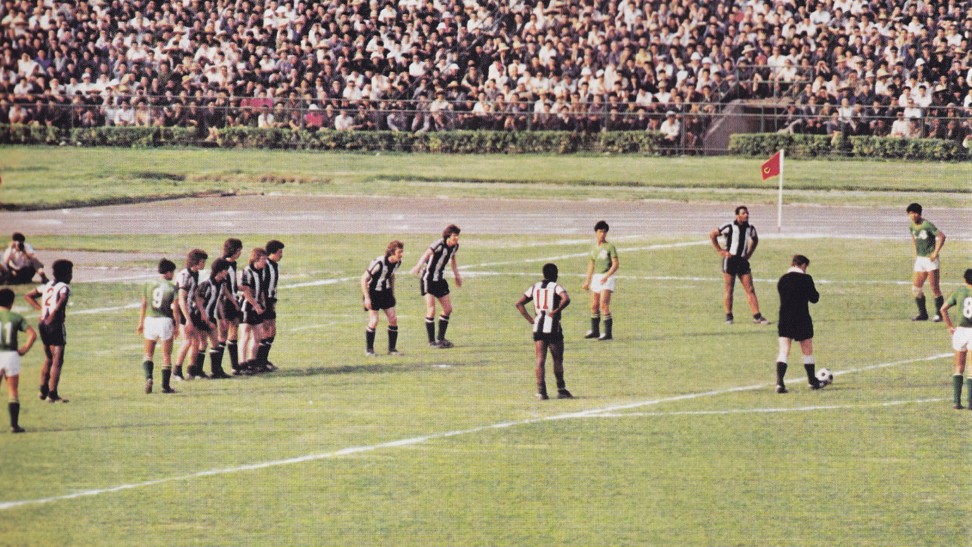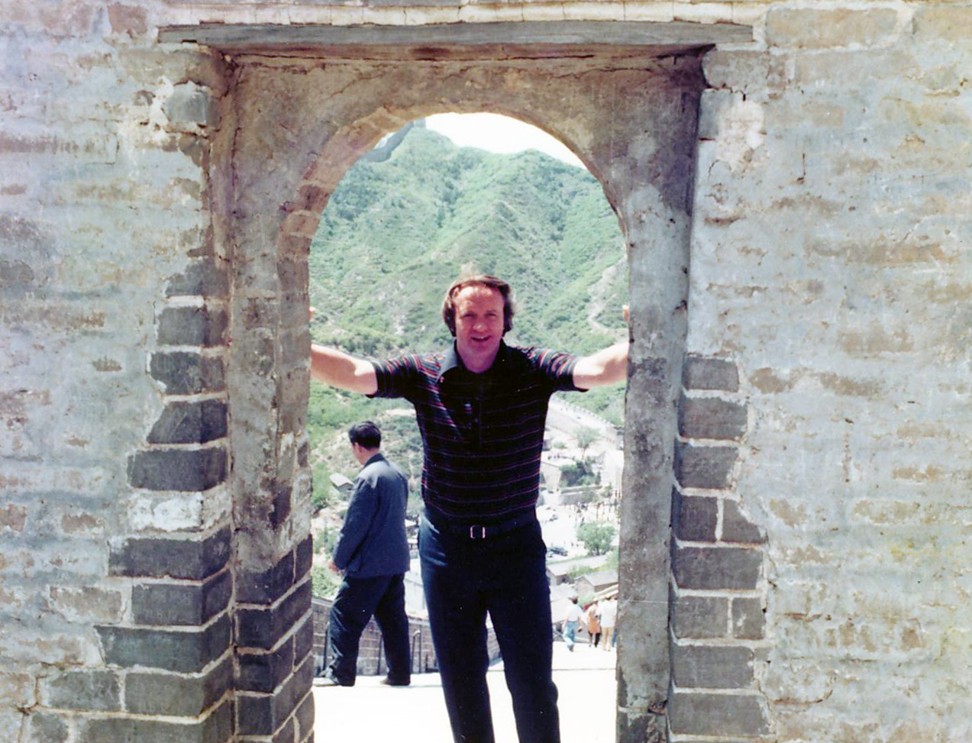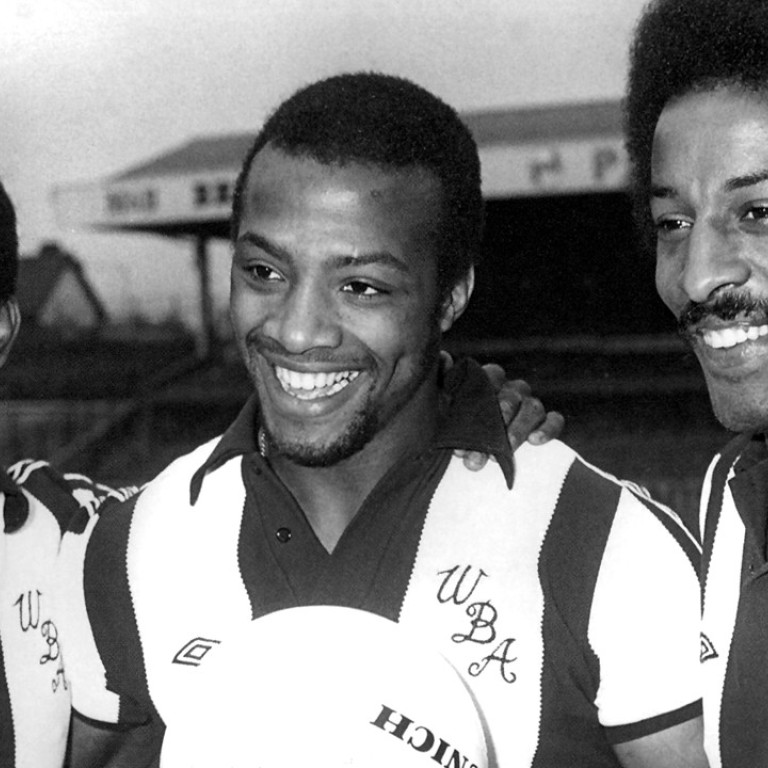
Racism, China and that famous Manchester United game – Brendon Batson talks about life at West Bromwich Albion
Former Baggies player reveals the level of racism in English football in 1970s and also talks about the epic 1978 tour to China – the first behind the Iron Curtain by a British team
Brendon Batson had experienced racist chants and abuse ever since he arrived in England as a nine-year-old. He’s even been refused entry into nightclubs because of his colour.
So, when he donned the West Bromwich Albion jersey and took to The Hawthorns pitch as a rare black player in 1970s English football, the racial abuse was something he was quite used to. The only difference was that, on the field, the volume was cranked up by the thousands.
Batson was among the pioneering footballers of the 1970s and with the late Laurie Cunningham and Cyrille Regis, was part of a trio of black players who paved the way for minorities to make their mark in English, and world, football.
West Brom were the first team in England to field three black players at the same time and, indeed, the club were known for pushing boundaries in other ways.
In 1978, West Brom became the first British team to go behind the Bamboo Curtain, not long after the death of Chairman Mao Zedong, and Batson was part of that squad who spent three weeks in China.
The 64-year-old Batson, who is president of West Brom’s Former Players Association and an OBE, is with the team in Hong Kong almost 40 years since his club made that epic journey in 1978.
While black players are now common in world football, during Batson’s time, they were a novelty. The moment they really came to the world’s notice was on December 30, 1978, when West Brom beat Manchester United 5-3 at Old Trafford in an iconic match remembered not only for their performances – particularly that of Cunningham – but for the old-style television commentary in which the caller would utter flagrantly racist lines such as: “My word, the black players have really performed well tonight”.
Watch: Manchester United v West Brom, 1978
This was the environment Batson and his fellow black players grew up in, where the crowd would make monkey noises, throw bananas on to the field and shout racial abuse with impunity.
“If you put it all in context, all elite players at the time started as schoolboys,” said Batson. “I came to England in 1962, I was born in Grenada and grew up in Trinidad, which was a cosmopolitan place. So my first experience of racism was in England. I grew up with it and learned to live with it.
“It’s something we all grew up with. The difference when you play is that the volume is increased upteen times with the crowd. So, it was nothing new to us, just the volume was different.
“All of us were making our way in the game. We were concentrating on our careers and that was the attitude of players of my era.
“It made us stronger. It wasn’t something that was going to deter me from following the career that I wanted to follow. So my attitude was ‘see you next week, next month, next year’.
“You talk about the commentating in that game and one of the things I would say is that commentators and broadcasters could have made more of it in terms of pointing out this disgraceful behaviour from the stadium but they didn’t.
“They would address things like hooliganism, of course, but they seemed to ignore black players who were being subjected to this abuse,” said Batson, who played 172 games for West Brom between 1978 and 1982 and also played for Cambridge United and Arsenal.
Happily, Batson said the racist divides prevalent in England at the time never manifested itself within the team.
“That’s one of the good things about sport in general,” he said. “You are judged purely on talent. It’s about you being part of the team and whether or not your teammates can trust you when they give you the ball.
“It was great, Laurie was the first one to join and then Cyril and then I joined not long after that. Culturally we had a lot in common so naturally gravitated towards each other but we had a really good team overall and got along with each other.”
The world has changed dramatically in the almost 40 years since West Brom’s trip to China, with the mainland itself unrecognisable.
The country they visited in 1978 had barely started to emerge from the shadow of Mao and they were economically and socially insular. Chinese people generally wore green uniforms, many of them had rarely seen a foreigner and they owned very little except for possibly a bicycle.
The West Brom team of 2017 arrived in Hong Kong this week to a very different region. China is the world’s second-biggest economy, their people are travelling the globe more than anyone else on the planet and they own many things, among them football clubs such as West Brom.
Indeed, there are stories that Chinese entrepreneur Guochuan Lai, who owns the Midlands club, was inspired to buy West Brom after seeing them on tour in 1978, even though he was only about four years old at the time.
“I’ve been told about this story,” said Batson. “I first met him at the Hawthorns in August and he talked about the tour. I’m not sure if that inspired him to buy the club but I’d like to think so.”
Batson said he had fond memories of that tour and the players knew at the time that they were embarking on something special.
“We knew we were the first British team to go there and did know that we were a bit of pioneers,” he said. “What we weren’t prepared for was the formality of the occasion. Lots of banquets, big meals and courses, a quite a lot of travelling.
“The games were more of a release from that formality.While we were there, it was a long trip but looking back, I certainly have fond memories.
“A few of us got to learn how to use chopsticks properly, we saw the Great Wall, which was awesome. And I enjoyed going out to the Ming tombs.
“One of the highlights was I remember going out with Laurie and Cyrille early in the morning and at this huge square, there were people performing tai chi and other cultural things that you wouldn’t know about unless you were there.”


